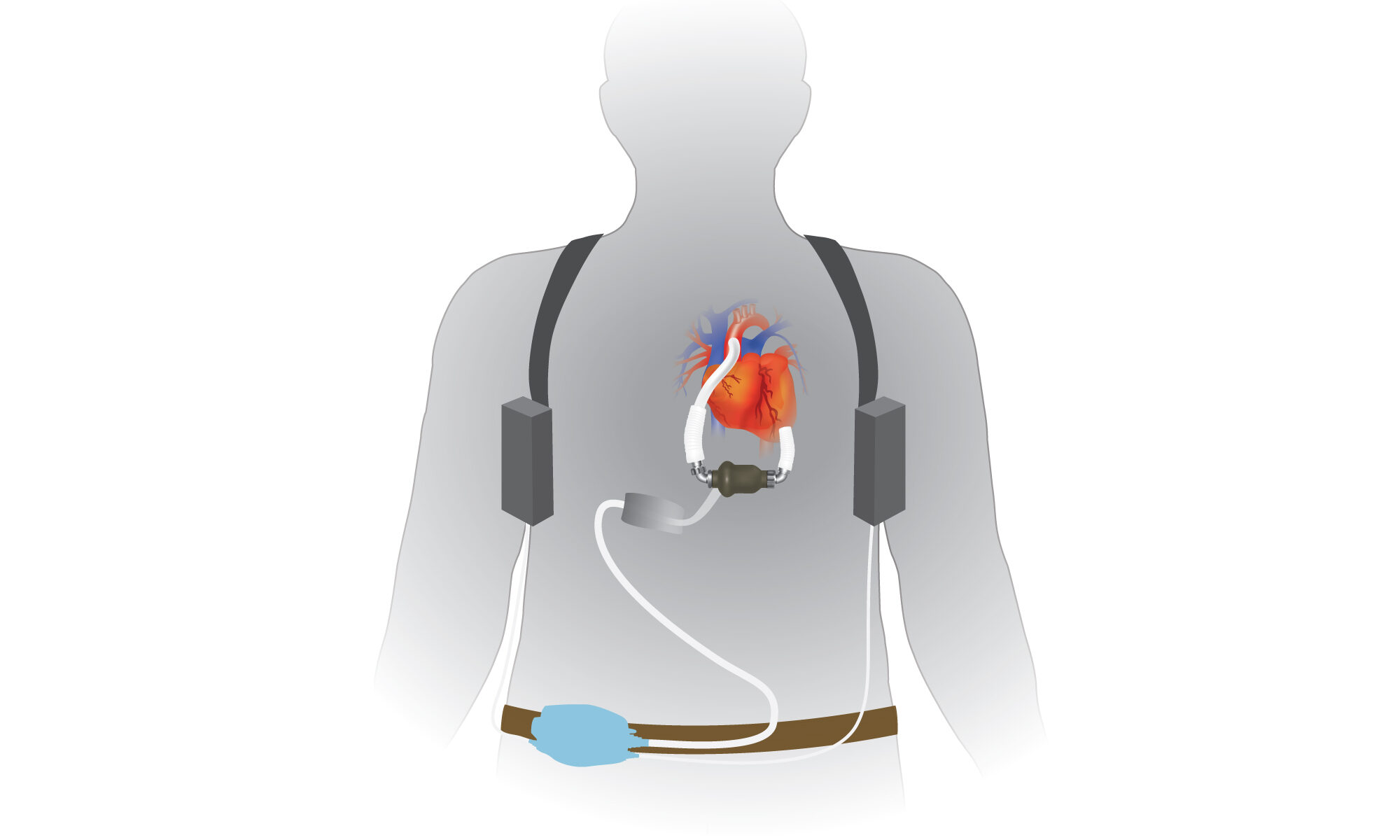Since 2019, the Advanced Heart and Lung Disease Center at Baylor Scott & White All Saints Medical Center – Fort Worth has offered a specialized approach to managing patients with heart failure. While the center provides options for heart failure in its most advanced stage, it also focuses on preventing the progression of the condition.
“When you identify a patient who has a failing heart and is not getting better with traditional therapy, you should consider sending them to specialists like our team for evaluation,” says Salman Gohar, MD, FACC, medical director of the advanced heart failure and mechanical circulatory support service at Baylor Scott & White – Fort Worth. “It may not be advanced heart failure yet, but part of the goal is to prevent that in the first place.”
To refer a patient to the Advanced Heart and Lung Disease Center, call 817.922.2273
At the center, patients with heart failure benefit from a team approach to care. The center offers evaluation, management and treatment plans developed by experts from several specialties and disciplines. It also gives patients access to advanced therapies not found at other centers in Tarrant County.
Preventing disease progression
The center follows the American College of Cardiology guidelines for stages of heart failure, developing management plans based on whether a patient is Stage A, B, C or D. Stage A involves having only risk factors for heart failure. Stage B involves the appearance of structural abnormalities in the heart, but there may not be symptoms. In those with Stage C disease, who have an identified structural problem, there are now symptoms.
The goal of any good heart failure clinic is to get the patient back from Stage C to Stage B, which means living well with a structurally abnormal heart, with medication and minimal symptoms. A small number of Stage C patients may, unfortunately, transition into Stage D heart failure, where standard therapies stop working and both quality of life and survival rapidly decline.
“We want to prevent them from progressing from Stage C to Stage D,” Dr. Gohar says. “If you notice something that is evolving, the sooner they get evaluated, the better.”
Some of the key indicators in patients with cardiomyopathy that may suggest a need for evaluation in the heart failure center include:
- Persistent shortness of breath that is affecting daily activities and sleep
- Two or more hospitalizations for heart failure in one year
- Kidney function that gets worse with previously tolerated doses of diuretic medications
- Inability to tolerate even low doses of heart failure medications due to low blood pressure
- Blood sodium level that starts staying low and becomes difficult to correct
- An ICD that keeps shocking abnormal rhythms
- Poor quality of life causing patient frustration
“Our center often sees patients whose symptoms aren’t improving, and they are frustrated,” Dr. Gohar says. “We pull our team together to provide education and build the best possible plan for each patient based on the etiology of their heart failure.”
Advancing care through LVAD
For patients who are classified as Stage D—or advanced heart failure—the center provides additional options and guidance. In July 2021, Baylor Scott & White – Fort Worth implanted the first left ventricular assist device (LVAD) in Tarrant County.
Through this first-of-its-kind program in Fort Worth, patients receive care from a dedicated team with experience in LVAD procedures, including ongoing follow-up. It also means that patients do not have to drive to Dallas to access an advanced level of care.
“An LVAD implant is a complex procedure that needs a specialized team to be successful,” Dr. Gohar says. “Once you implant it, the person becomes your patient for the rest of their life. It’s very important to have that team in place.”
In addition to LVAD, the team at the Fort Worth center provides transplant assessments for candidacy in the heart transplant program in Dallas. It also helps coordinate access to clinical trials through Baylor Scott & White Research Institute. Through continued growth in staff and capabilities, the center hopes to bring more trials to heart failure patients in Tarrant County.
A complete team to empower the patient
Weekly huddles and daily discussions among numerous disciplines are at the core of the heart failure clinic. Heart failure patients often have many needs beyond physical symptoms.
As part of the team, case managers and social workers help with social challenges, such as affording medications, navigating insurance and guiding patients to resources that help break the cycle of readmission. Pharmacists are included in considerations of medications and dosing. Dietitians also play an important role in educating heart failure patients about common diet concerns, such as food labels or eating out.
It’s this comprehensive team effort that addresses the patient’s individual circumstances. Through complete, coordinated care, patients get the education and resources they need to be proactive in taking care of themselves—which helps prevent disease progression.
“It’s empowering the patient—that is the key thing that we do,” Dr. Gohar says. “We educate them so that they understand what to do and not to do to care for their heart.”
For more information, visit the Advanced Heart and Lung Disease Center website.







